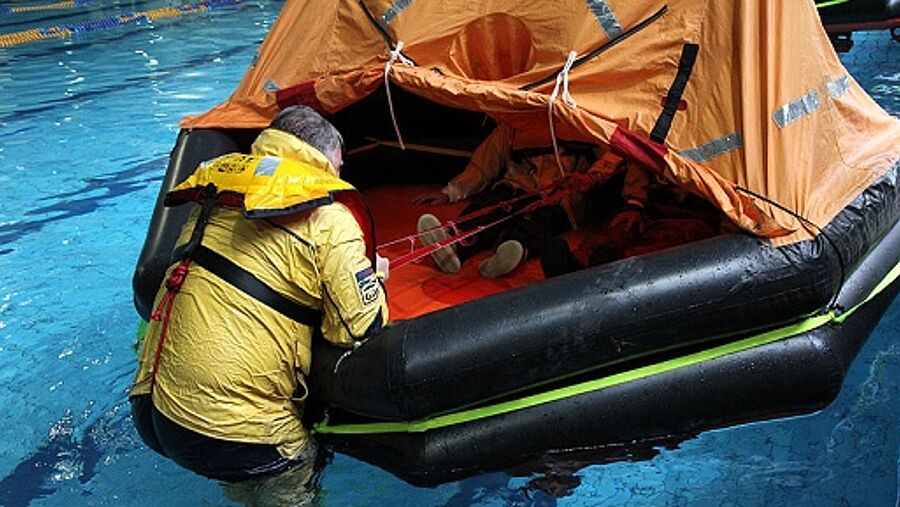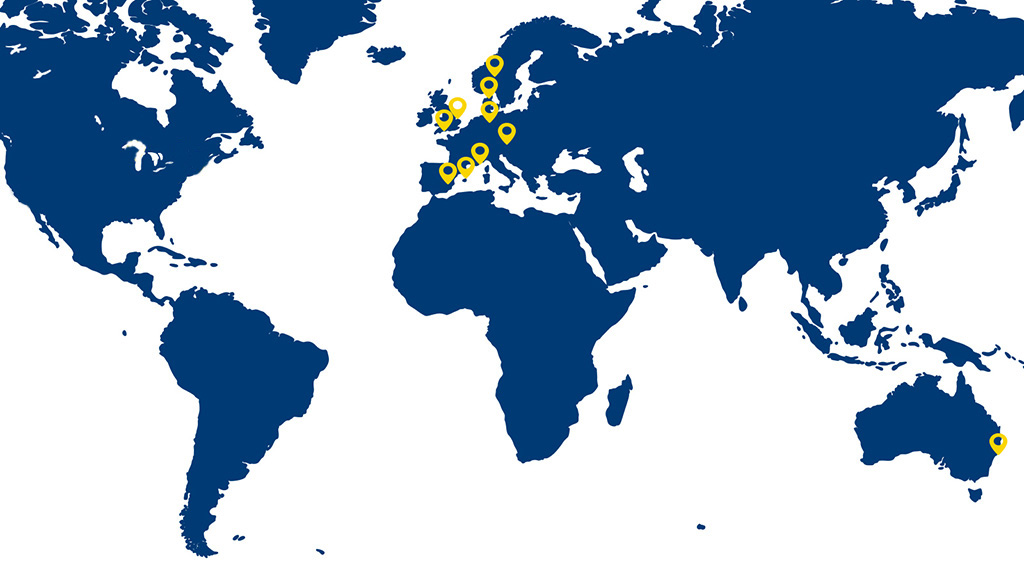Immersion in water and how it affects your body
You fall overboard, what happens next?
If you’re cruising around some warm tropical islands with pristine clear water, no swell and water temperatures above 20 degrees then it will be a while before you’ll face serious harm. If it’s however winter and the water temperature combined with a gusty sea breeze sends shivers down your spine… we’ll you could be in some tremendous trouble. Let’s break down what actually happens to the human body in such a scenario. Read on to understand the different stages of immersion.

Phase One:
When you enter the cold water your body immediately activates it’s stress response which is called ‘cold shock.’ Your heart begins to race and you find your breath rate drastically increase, up to 4 times its normal rate. Your start to lose control of your breath, so much so that holding your breath becomes limited to a few seconds. If a big wave pushes you underwater the risk of your lungs rapidly filling with water is quite high and would lead to you inevitably drowning.
As your heart rate increases, your blood pressure also ascends. Depending on the state of your health, this can be enough to induce a heart attack.
Cold shock lasts around 3 minutes but take our word for it, those 3 minutes can feel like a lifetime.
If the seas are calm then the risk is of course lower but certainly still there. This is why life vests are critical, particularly at night when visibility is low.
Phase Two:
After the initial shock you have around 30 minutes before the circumstances really plummet. During this phase you will experience a gradual loss of the coordination of limb movements which is due to the connections between your nerves and muscles slowly shutting off. It is critical that your rescue plan is arranged during this phase whilst the mental and physical strength is still high.
Phase Three:
Welcome to the real danger zone. Here your running the risk of hypothermia as your body loses its ability to ward off the elements. Hyperthermia is categorized as body temperature of less than 35 degrees Celsius. Considering that heat is lost 20 times faster in water than in the air it is much harder to stay warm for a lengthy period when floating in the ocean. Along with the physical effects of hyperthermia the victim will also suffer rapid mental deterioration categorized as memory loss and an inability to think clearly. As hyperthermia worsens so does drowsiness until eventually consciousness is lost. Blood pressure and heart rate continue drop until the heart eventually completely stops. Something which is quite amazing though is that effective CPR has been seen to resuscitate someone for up to 70 minutes after the heart stops in instances of hypothermia. If you’re lucky you will be saved, resuscitated and brought back to life with only a vague memory of the traumatizing event.
Impacts on how fast an individual reaches each hypothermia:
Age: kids and older people will get cold much faster
Body fat: fat insulates you decreasing the speed of cooling
Clothing: the more clothes the better as they will mitigate the cold water flush effect when trying to survive in rougher seas
Water temperature: a bit of an obvious one but the colder the water the faster you cool
Depth of immersion: the deeper you are in the water, the faster you cool
Health: if your system is already compromised (cold, virus, disease, injury, etc) the harder it is for your body to stay warm. Further, if you are seasick you will also get cold much faster!
